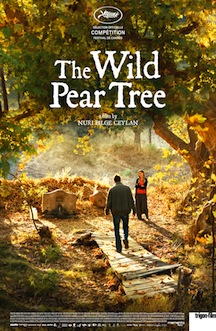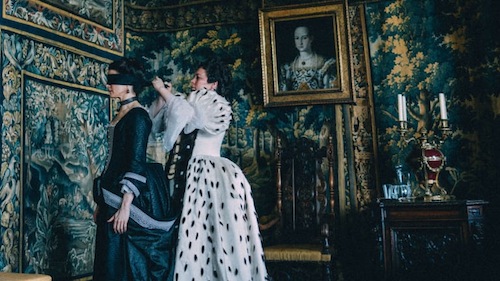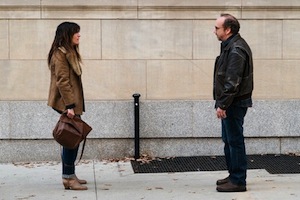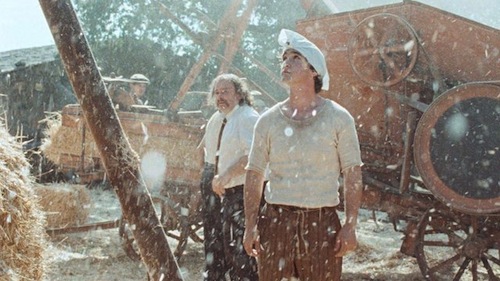Directed by Paul Dano
Country: USA
Actor Paul Dano, best known for his roles in Love & Mercy and There Will Be Blood, has in Wildlife his directorial debut. Dano co-wrote the script with Zoe Kazan based on Richard Ford’s novel of the same name, directing an excellent cast composed of Jake Gyllenhaal, Carey Mulligan, and Ed Oxenbould. They are the Brinsons, a family living in Great Falls, Montana, in 1960.
Fired without a cause and feeling aimless, Jerry Brandon (Gyllenhaal) temporarily leaves his wife, Jeanette (Mulligan), and 14-year-old son Joe (Oxenbould) in order to join a group of firemen assembled to battle a wildfire that keeps consuming the nearby mountains, close to the Canadian border. Although this is an honorable and brave decision, it comes at a time when his family most needs him. Financial difficulties force both mother and son to find part-time jobs while the inflexible Jerry is decided to risk his life for a miserable salary.
With no news about her husband and mad at him due to his selfishness, Jeanette embarks on a bared romance with Warren Miller (Bill Camp), a middle-aged ex-veteran who thrives in the car business. She doesn’t love him, but he could provide the stability she and her son have been seeking for so long. How does Joe cope with this situation? Well, there’s a traumatic dinner at the man’s house and some unexpected visits that accurately elucidate about his emotional state. Will Jerry be able to mend things up when he returns or it will be even worse?
Compellingly written and acted, Wildlife is a mature drama about a crumbling marriage and the emotional struggle of a sensitive teenager who just aspires to see his parents together. On many occasions, he acts like the adult person who needs to put a stop in his parents’ uncontrolled impetus.
This closely observed family portrait, a study of loss and trauma, comes in tones of pervasive sadness. The fully shaped characters convey innate veracity, making us plunge headfirst into their afflictions, hopes, and frustrations. In particular, it is Mulligan who excels from start to finish.
Advancing quietly but in an assured way, Wildlife is heartbreaking.




























































